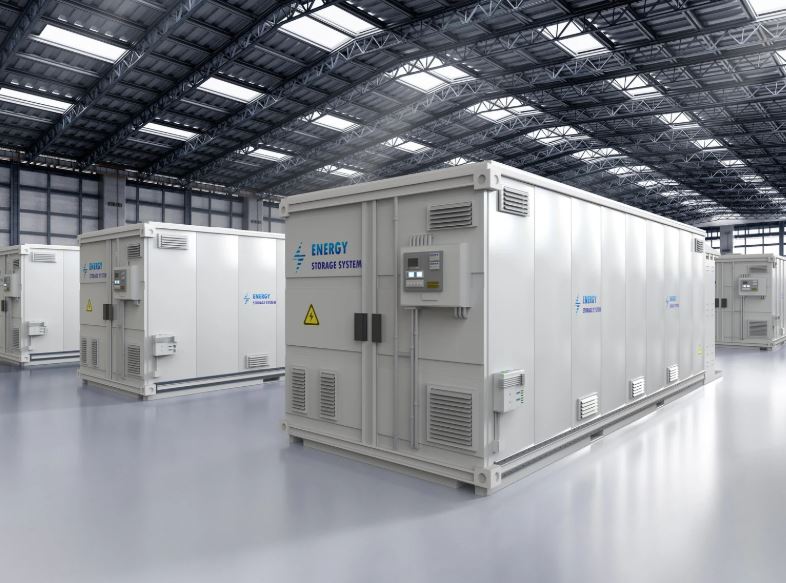ElevenEs, a Luxembourg-based developer of lithium iron phosphate (LFP) cells, is evaluating a €600 million gigafactory in Poland, with construction targeted for late 2027.
If realized, the facility would employ about 700 engineers and mark the company’s largest investment to date, extending its footprint beyond its Serbian production base.
Poland has become a focal point for European cell manufacturing thanks to an established supply chain and competitive labor market. Existing plants from LG Energy Solution in Wrocław and Northvolt’s announced investments have built an ecosystem for cathode materials, electrode coating, and pack assembly. ElevenEs is considering sites in Kraków, Silesia, and Lower Silesia, regions with access to rail corridors and proximity to Germany’s automotive hubs.
Nemanja Mikać, ElevenEs founder and CEO, cited “an open labor market” and “availability of suppliers” as key factors, adding that public sector involvement could tilt the scales. State aid is a common lever in Poland’s industrial strategy: Warsaw has previously supported cell manufacturing through tax incentives and EU-backed grants, a precedent that may prove decisive if the firm competes for the same engineers and suppliers as larger incumbents.
Unlike nickel-rich chemistries favored by premium EV makers, LFP has gained momentum as a cost-stable, cobalt-free option, particularly for commercial vehicles and stationary storage. ElevenEs’ Edge574 “blade” cell, introduced earlier this year, claims a 12-minute charge to 80%, positioning it for fast-cycle applications. The company remains the only European producer of blade-format LFP cells, but competition is intensifying: BYD and CATL dominate global volumes, while European players such as Northvolt are preparing LFP lines alongside their nickel-manganese offerings.
A Polish plant would give ElevenEs a central position in Europe’s logistics network, but questions remain about scale. Even at full capacity, 700 engineers suggest a mid-tier operation compared with multi-gigawatt factories planned by rivals. The company’s ability to secure long-term offtake agreements — essential for financing capital-intensive plants — has yet to be tested at this magnitude.
Backed by InnoEnergy, an EU-supported innovation fund, ElevenEs benefits from access to policy networks and potential co-investors. InnoEnergy’s regional head, Mikołaj Budzanowski, said the project could “allow Europe to finally establish a significant presence in the global battery value chain.” That ambition mirrors the EU’s Green Deal Industrial Plan, which seeks to retain advanced manufacturing within the bloc amid subsidies offered by the U.S. Inflation Reduction Act and China’s established dominance.
However, public funding alone is unlikely to close the cost gap with Asian incumbents. Analysts warn that even with tax breaks, European LFP producers face higher input costs for lithium carbonate and iron phosphate, as well as elevated energy prices. Securing renewable electricity contracts — critical for lifecycle emissions — adds another layer of complexity in Poland’s coal-heavy grid.
The proposed facility would represent a technology transfer opportunity for Poland’s research base. Universities in Silesia and Kraków have growing electrochemistry programs, and collaboration with ElevenEs could accelerate training for engineers in electrode formulation and fast-charging algorithms. Yet workforce availability is not guaranteed: LG Energy Solution and Northvolt already compete for battery specialists, and wage pressures could rise if multiple plants scale simultaneously.
Stay updated on the latest in energy! Follow us on LinkedIn, Facebook, and X for real-time news and insights. Don’t miss out on exclusive interviews and webinars—subscribe to our YouTube channel today! Join our community and be part of the conversation shaping the future of energy.





